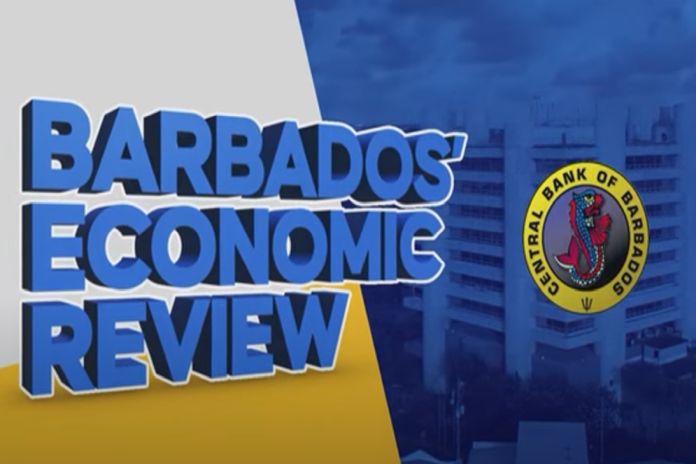By Central Bank of Barbados
Despite global economic uncertainties and the negative consequences of hurricane Beryl, Barbados has maintained a steady path of economic growth and resilience.
Real GDP advanced by 3.9 percent during the first nine months of 2024, driven by key sectors such as tourism, business services, and construction.
Inflation moderated, unemployment fell, and the country’s external position remained robust, marked by the highest end-September international reserves level, equivalent to 31.2 weeks of imports of goods and services.
Strategic investments and fiscal discipline have supported economic stability: Higher revenues from direct taxes, particularly corporation and property taxes, along with increased VAT receipts, have enabled the Government to boost public transfers and investments in critical sectors such as education and in digitisation efforts aimed at improving public service delivery. Outlays on innovation, such as the establishment of a new digital innovation and health centre, have also been prioritised to strengthen Barbados’ future growth prospects.
Government’s fiscal operations resulted in a surplus and reduced the debt-to-GDP ratio: A half-year (April to September) primary surplus of $581.9 million, or 4 percent of GDP, contributed to a steady decline in the debt-to-GDP ratio, which now stands at 105.6 percent. This achievement reflects Barbados’ resilience in managing external shocks while continuing to reduce its reliance on new debt. By controlling expenditures and directing resources towards long-term growth initiatives, Barbados has reinforced its ability to navigate global challenges and secure sustainable development.
The economic outlook is positive, despite growing geopolitical uncertainty: Looking ahead, Barbados’ economy is expected to continue its positive trajectory, with growth driven by sustained activity in tourism, construction, and business services. While external risks such as global commodity price fluctuations and geopolitical uncertainties remain, the country’s focus on strategic investments and fiscal prudence is anticipated to support further stability and resilience.





